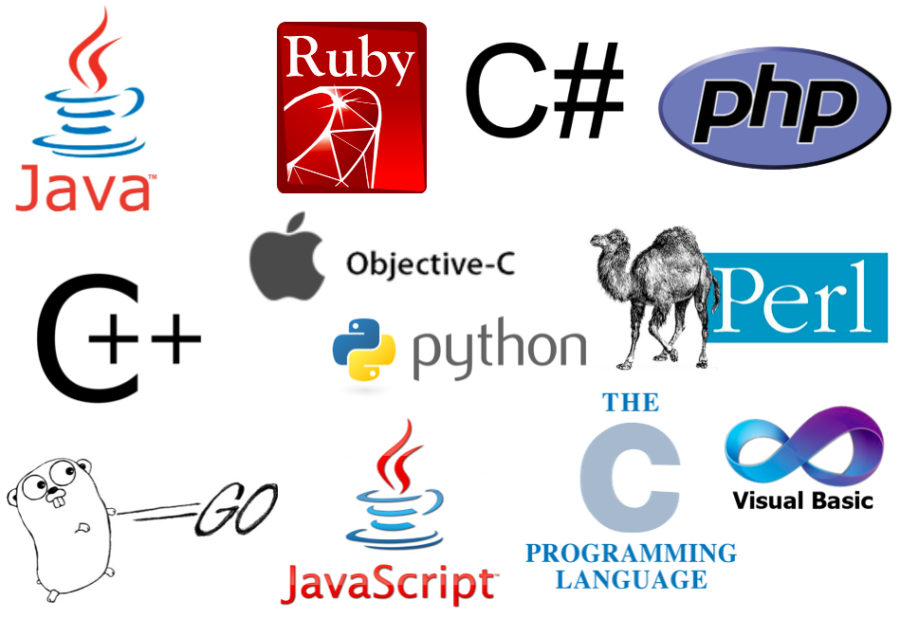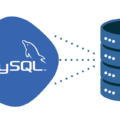If you are a database administrator or database engineer who already knows SQL, then there are plenty of opportunities out there in the data-intensive enterprise sector. SQL or structured query language is a modern and largely used database programming language with its application in all industries. However, while considering a database programmer’s technology, skill-set SQL cannot stand alone, and you may have to think of other add-on languages to complement your SQL skills.
In this article, we will have an overview of such complementary languages one should learn alongside SQL. Becoming skilled in another programming language alongside SQL can help you enhance your chances, but the trouble is which language to choose.
Which language is the ideal combo for SQL?
At the first point, choosing the right language combo with SQL depends on your interests and needs related to your work. Another major consideration is the SQL stack of your enterprise, which you have to work on. If you are supposed to handle MS SQL Server the most, then learning an add-on Microsoft product like PowerShell scripting may be more beneficial. So, the decision depends on various factors, and you must do your homework first to get going.
Without much ado, let us discuss some of the top programming languages SQL programmers tend to choose for add-on learning. This may not be an exhaustive list, but surely ideal to start with.
Programming languages to complement SQL
Python
SQL with Python is an ideal combination, and we will check it out as the first one in this list. Python is lately the most popular scripting language, which is very powerful and also easy to learn. Python is ideal for data analysis and data visualization too. As it is, SQL is not designed for high-grade data management like time-series data, regression, and other statistical data management. But, when clubbed with Python, all these tasks become achievable. There are many Python libraries like SciPy, StatsModel, and Pandas, etc., to help with statistical data analysis. With Python, it is also very easy to explore different paths easier and quicker, which will help users to discover much more than what you can explore with SQL alone.
R
R for database administrators is another recommendable choice latterly. SQL and R alliance is there for a long time. For those who are new to it, R is a programming language for statistical operations and graphics. This language is now widely used for data analysis and is considered an ideal partner of SQL in analysis-intensive ecosystems. R supports data retrieval from a centralized RDBMS using SQL in the case of fundamental database needs. There are also many add-on R packages, which let the users build and query enterprise datasets alongside analyzing and processing data. Some examples as below
- RSQLite package will help users for data retrieval from spreadsheets and files and include the same to databases.
- The sqldf package of R makes it easy to use SQL on the data frames, with which you can avoid the need to set up an external database.
For database-related decision making, feel free to contact the experts at RemoteDBA.com.
Java
Java is there in the limelight for a couple of decades now and holds a position in this list, too, as a popular programming language to go well with SQL. Many Fortune 500 companies have adopted Java to build their back-ends. In the smartphone apps world, Java is the foundation of the leading mobile programming language of Android.
However, unlike the above two, we discussed, Java is not the primary choice of data analysts as a programming language. However, this does not mean that it cannot be used for that purpose at all. On the other hand, if your need is for back-end development of web, mobile, or desktop applications, Java is ideal. Combined with SQL, you can accomplish the database tasks, too, along with development in Java. Now, the Java developers are largely adopting SQL at their work through JDBC, connecting Java applications to SQL DBs.
C#
As discussed above, Java, C#, is a very popular, front-line programming language with many specific applications like websites and desktop applications for Windows. There are many instances where you can use SQL and C, a strong choice in database applications. C# can also be combined with other languages like.Net, which can work together for most of the databases and be paired with Oracle and MS SQL Server.
Power BI
In fact, unlike the above languages we discussed, Power BI is not a programming language. However, it can go well with SQL and work wonders in databases, which is why we included it in this list. Power BI is a service for business analytics. Through Power BI, Microsoft offers cloud-based services to the users to better analyze and visualize their data. It can help to integrate the data seamlessly and can also be very useful for data scientists. In analytics-oriented databases, Power BI can be an ideal partner of SQL.
Power BI comes with add-on features like data discovery and data warehousing and can also put forth a wide range of custom data visualization options. As of late, Power BI is also recognized as a major tool in business intelligence and being used by many Fortune 500 companies.
So if you are well versed in SQL or want to learn it fresh and like to get two birds in one shot, it will be ideal to choose one among the above programming languages too with SQL. Being a programmer or a database professional, having complementary skills will surely help you increase your efficiency as a programmer or administrator. Learning an additional skill-set may be felt difficult when you look at it first, but if you are interested and take your first step towards it, you will find it coming in your way with amazing flexibility. If you are already working on an enterprise database system, then try to unveil the functional requirements and challenges in front of you to seek answers and choose an appropriate programming language for your purpose.







Recent Comments